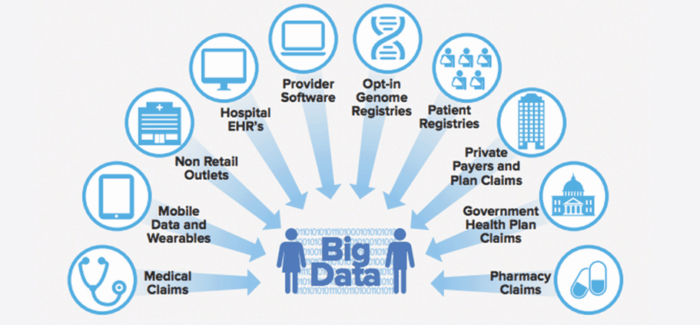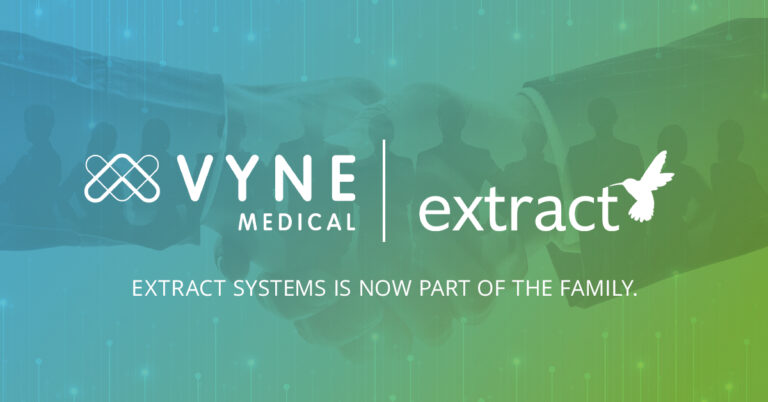
Achieving Interoperable and Accurate Data To Drive Decision Making
While interoperability and access to new technology is supporting a movement toward better access to data, the healthcare industry still struggles to transition from sharing information to shared decision-making. Unfortunately, without accurate information embedded in their workflows, providers can’t have meaningful conversations with patients about care or treatment options, which can have negative impacts on a patient. Easy access to large quantities of accurate health data is required to understand medical and scientific information in real-time; evaluate public health measures before, during, and after times of crisis; and prevent medical errors. Introducing a system in the USA that allows for efficient access to such health data and ensures auditability of data facts, while avoiding data silos, will require fundamental changes in current practices. And although electronic health records (EHRs) are nearly commonplace, the data within them can be inaccurate, out-of-date, or missing altogether.
To facilitate informed decision-making between patients and providers, we must allow access to real-time, personalized data. Getting the right information into the hands of patients and providers is widely supported, and we have seen significant progress in data availability across the last decade.
But getting that data delivered cannot be the end goal, rather there needs to be some responsibility to maintain and improve the data flowing through the pipes. Healthcare organizations should seek out vendors that can enable intelligent rules and normalization methods to reduce ‘noise’ and drive meaningful action.
We are in a historic moment in healthcare- with inflation seeping into the industry, it’s more important than ever to look at technology solutions that can not only make the care teams more cost effective but also give its patients a better experience. The technology available to us is capable of the level of data exchange needed to dramatically improve access to care. Now is the time for healthcare organization stakeholders across the value chain — EHRs, providers, health plans, pharmacy managers, HIM, and Lab directors— to come together to expand the available data and extend its impact. Only by working together can we make a long-lasting impact for patients nationwide.
Here at Extract, we too have been making strides towards making our software solutions more innovative to keep up with the growing demands healthcare is seeing. In the past two years, Extract Systems has experienced incredible growth in our data indexing/extraction software suite, HealthyData. We have partnered with 8 of the top 20 health systems in the US. With over 400 clients across our platforms, it has become clear that we are the leader in indexing/extraction software. It has become obvious to us that there is a growing trend of healthcare leaders that our looking to make their organizations more profitable, actionable, and accessible and have seen how automation can allow them to reach their financial and clinical goals.
Data is arguably the most valuable resource for performance and outcome improvement across industries, and healthcare is no exception. The process of gathering, parsing, and analyzing data can help healthcare organizations find ways to improve patient care, increase efficiencies, strengthen privacy protection, and adopt advanced technologies. If you are interested in learning more about what solutions we offer here at Extract, reach out today.



